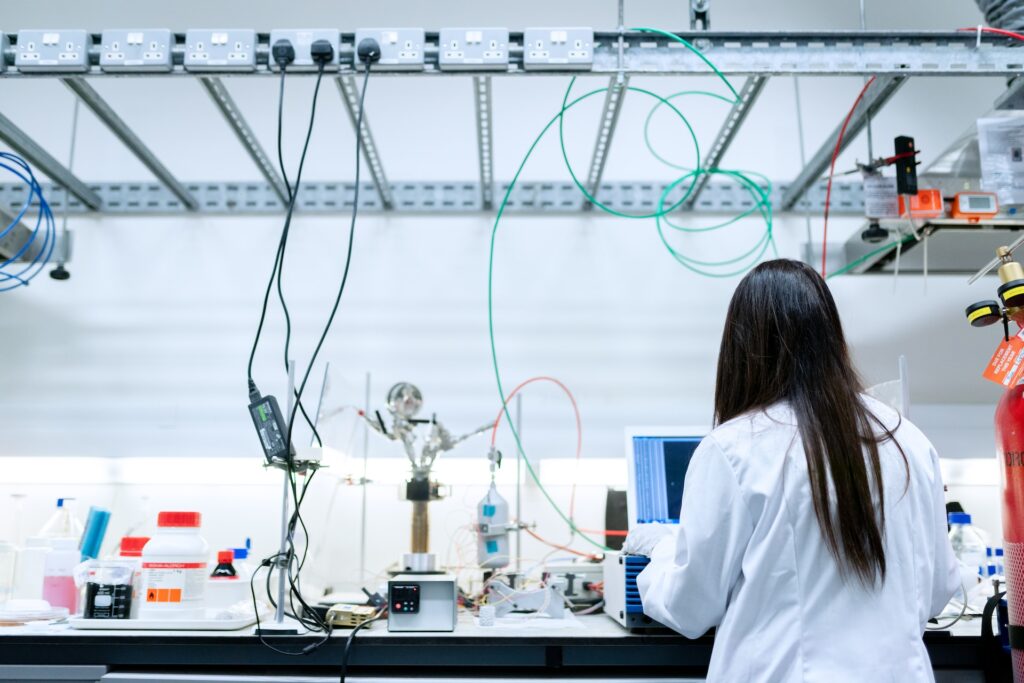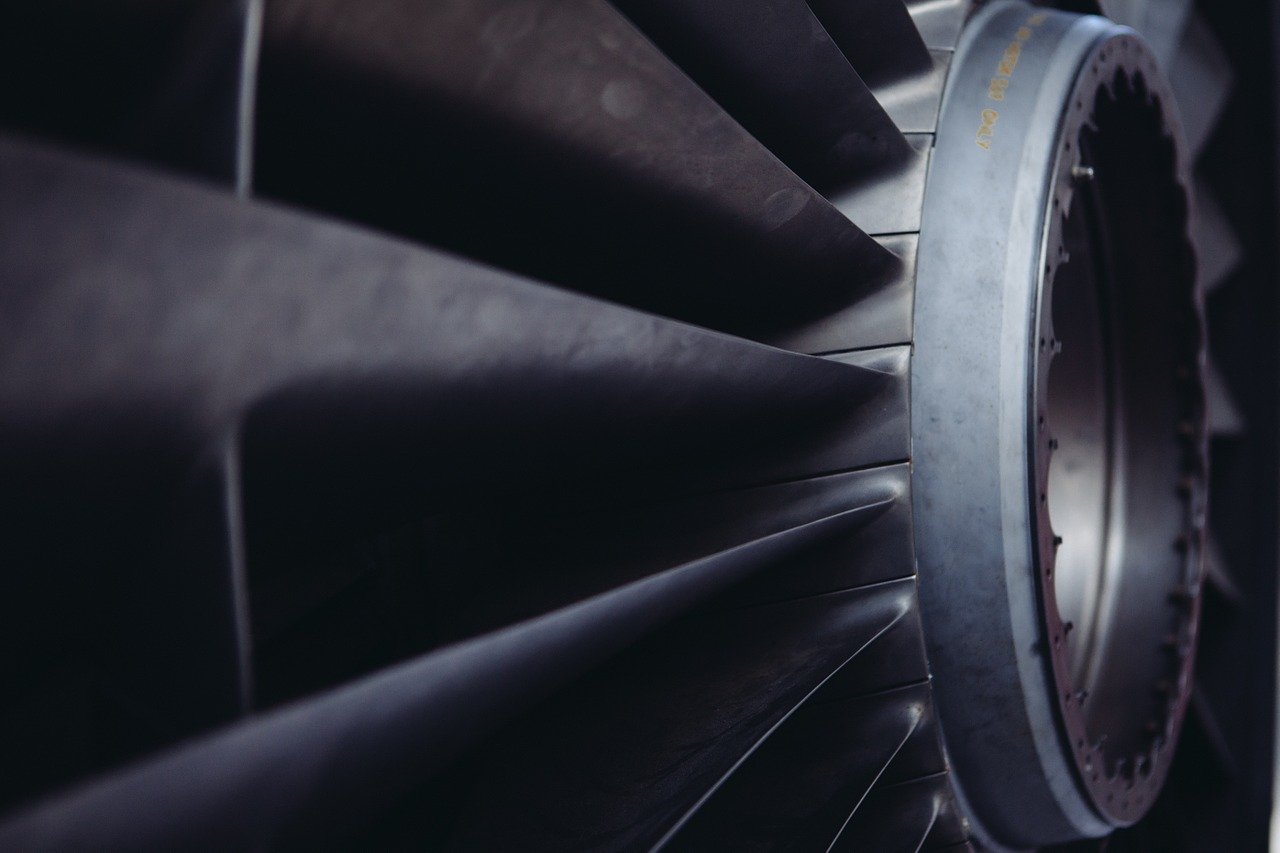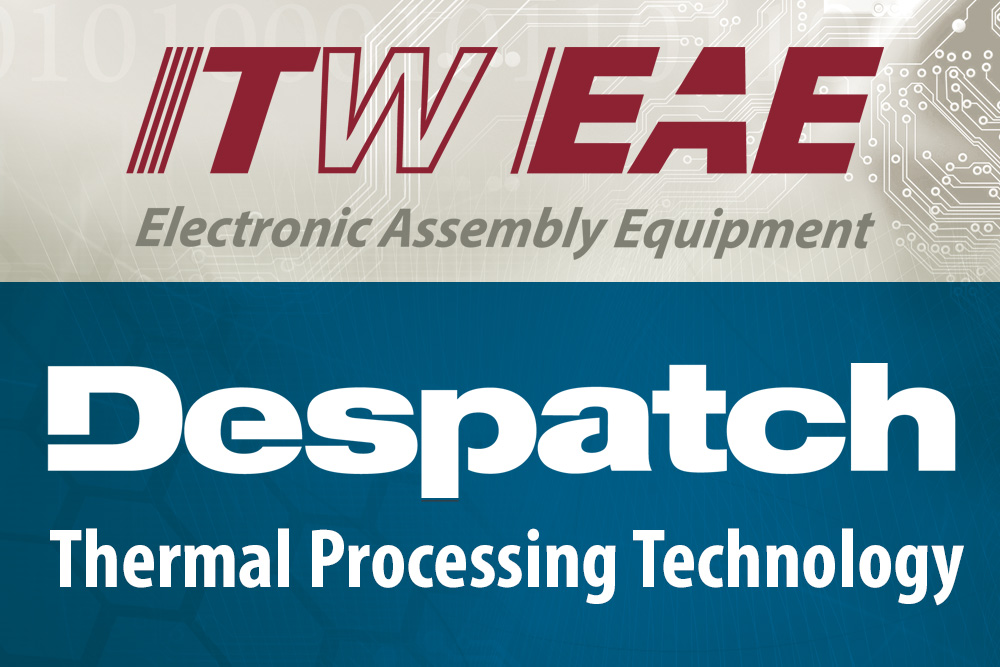Developing groundbreaking products in the electronics industry is a challenge. You must not only comply with a wide range of regulations and industry standards that require products to meet safety, performance, and environmental requirements. You also must meet the rigorous quality control demands imposed by your customers. Independent testing laboratories play a critical role in this effort. They provide the expertise and equipment to generate high-quality products that help you meet industry requirements and obtain the necessary certifications.
Laboratory testing of battery and energy storage systems is especially critical. Battery and energy storage systems can change how we work and live. But they come with their share of risks. They also present unique safety considerations because they may contain high energy levels, hazardous materials, and moving parts. These risks must be assessed, studied, and understood. That’s where testing laboratories, like Sandia National Laboratories or UL Solutions, can help. They not only test electronic products and energy storage systems but also contribute to product understanding.
Key Elements of Quality/Compliance in Testing Laboratories
Product testing is something you can do yourself. Some electronics manufacturers do. Others outsource it to independent laboratories, like CSA Group or Interteck Testing Services. Many good reasons exist for outsourcing your testing to independent laboratories—chief among them is cost. Maintaining an in-house testing lab is costly. Plus, you need a dedicated space for the laboratory and the right equipment, which needs to be maintained, repaired, and upgraded. Testing in-house also requires labor, training, and certifications.
Below are essential elements of quality and compliance programs in testing laboratories:
- Accreditations and certifications requirements
- Quality control and quality assurance measures
- Standard operating procedures (SOPs)
- Calibration and maintenance of testing equipment
- Data management and reporting
Using these elements, independent labs will work with you to address critical issues, like safety testing and certification for energy storage systems (ESS), understanding of UL 9540 and ESS certification, and ESS performance and reliability testing. This effort frees you to concentrate on more pressing matters, like help your customers.
Benefits of Using Testing Laboratories
- Quality control: Testing laboratories help you ensure that your products are consistent and high quality by conducting tests to identify defects, weaknesses, and potential failures. This approach helps prevent product recalls, warranty claims, and damage to brand reputation.
- Innovation and product development: Testing laboratories help you test and refine new products and technologies, allowing you to bring new these things to market more quickly and with greater confidence in their safety and performance.
- Cost savings: By identifying potential issues and weaknesses early in product development, testing laboratories can help manufacturers avoid costly recalls, redesigns, and legal disputes.
- Customer confidence: By working with accredited testing laboratories and obtaining necessary certifications, you can demonstrate to customers that their products are safe, reliable, and of high quality, building customer trust and loyalty—the ultimate goal of every manufacturer.
Put simply, independent testing laboratories can help ensure that you not only comply with industry standards. They can also ensure that your product has an efficient path to target markets while affirming consumer safety and product reliability.
Considerations When Choosing a Testing Laboratory
Choosing a laboratory to test for quality and compliance can be confusing. Testing laboratories are not all the same. But you want to choose a lab that fits your needs. Here are some factors to consider when evaluating labs:
- Time to market—It’s critical you work with a testing laboratory that understands how crucial time to market is. So, look for a lab that offers simplified and streamlined testing and certification services.
- Collaboration — Will the laboratory work with you early in the product life cycle—both before and after you produce your product? Will it guide you through the critical standards that impact your product?
- Experience and availability — Look for a test lab that features respected leading experts in the field. In addition, you want a lab that’s responsive to your needs, respects your questions and ideas, and gets back to you promptly.
- Latest, most advanced equipment — Does the lab have a start-of-the-art facility? Can they execute critical certification and performance tests, vibration and shock, crush, impact and nail penetration, fire exposure, short circuit and overcharge, and environmental?
- Extensive testing— You want a lab that tests against standards, like UN 38.3 (for battery transportation), IEC 62133, UL 9540, UL 1973, UL 1741, CSA C22.2 107.1, UL 1642, UL 2054, and UL 2271 to name a few.
- Services — The breadth of services a testing lab offers is a final consideration. Look for a testing laboratory that provides a wide range of services. That can save you time, money, and effort.
Testing for quality and compliance is essential in product development for the electronics industry. Doing your own testing is an option—but it’s an expensive one. Outsourcing is the go-to option for many electronics manufacturers. Needless to say, picking the right testing lab to work with is imperative. Working with the right lab not only ensures the quality and compliance of groundbreaking products but also creates a speedy path to market.
In summary, when it comes to reliable and efficient lab ovens, Despatch’s products are the top choice for testing labs nationwide. With a proven track record of helping electronic industry professionals achieve their highest quality standards, these ovens provide unparalleled performance and accuracy. If you’re looking to improve your testing processes and increase efficiency, consider investing in a Despatch Lab Oven today.
Additionally, Despatch’s experienced and knowledgeable team is always available to answer any questions and provide guidance throughout the purchasing process. Whether you’re in need of a customized solution or have questions about product features, our team is committed to ensuring that you have all the information you need to make the best decision for your specific needs.
Don’t hesitate to reach out to our sales team to learn more about our lab ovens and how they can benefit your testing lab.






